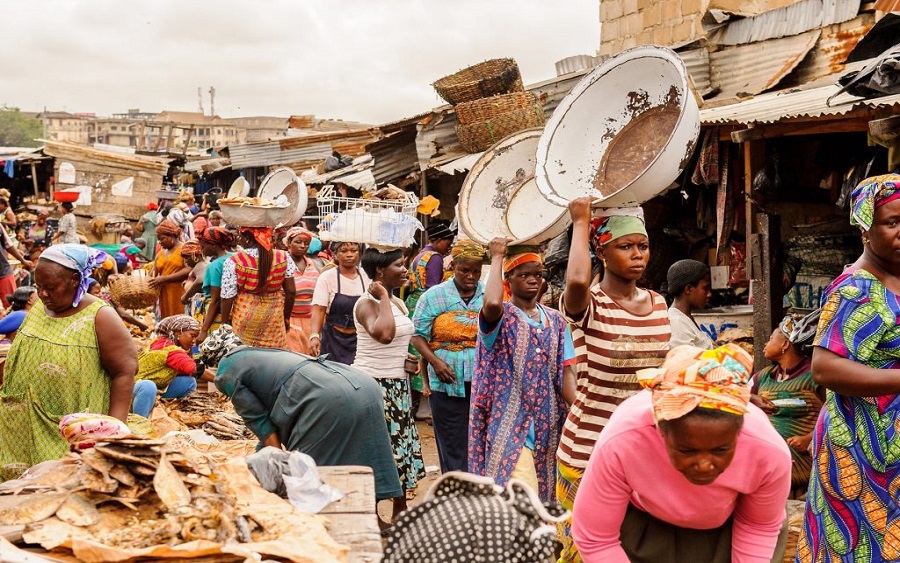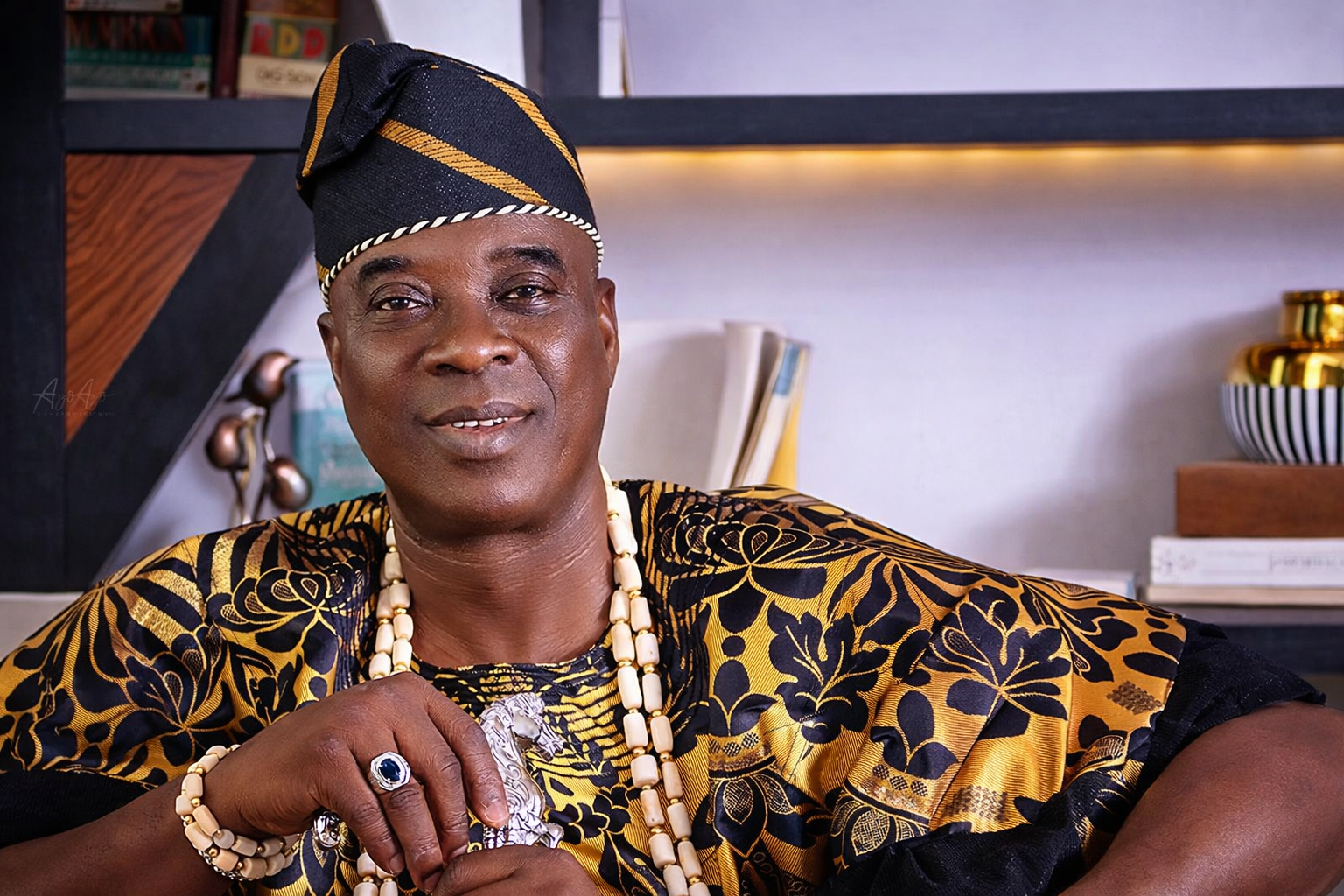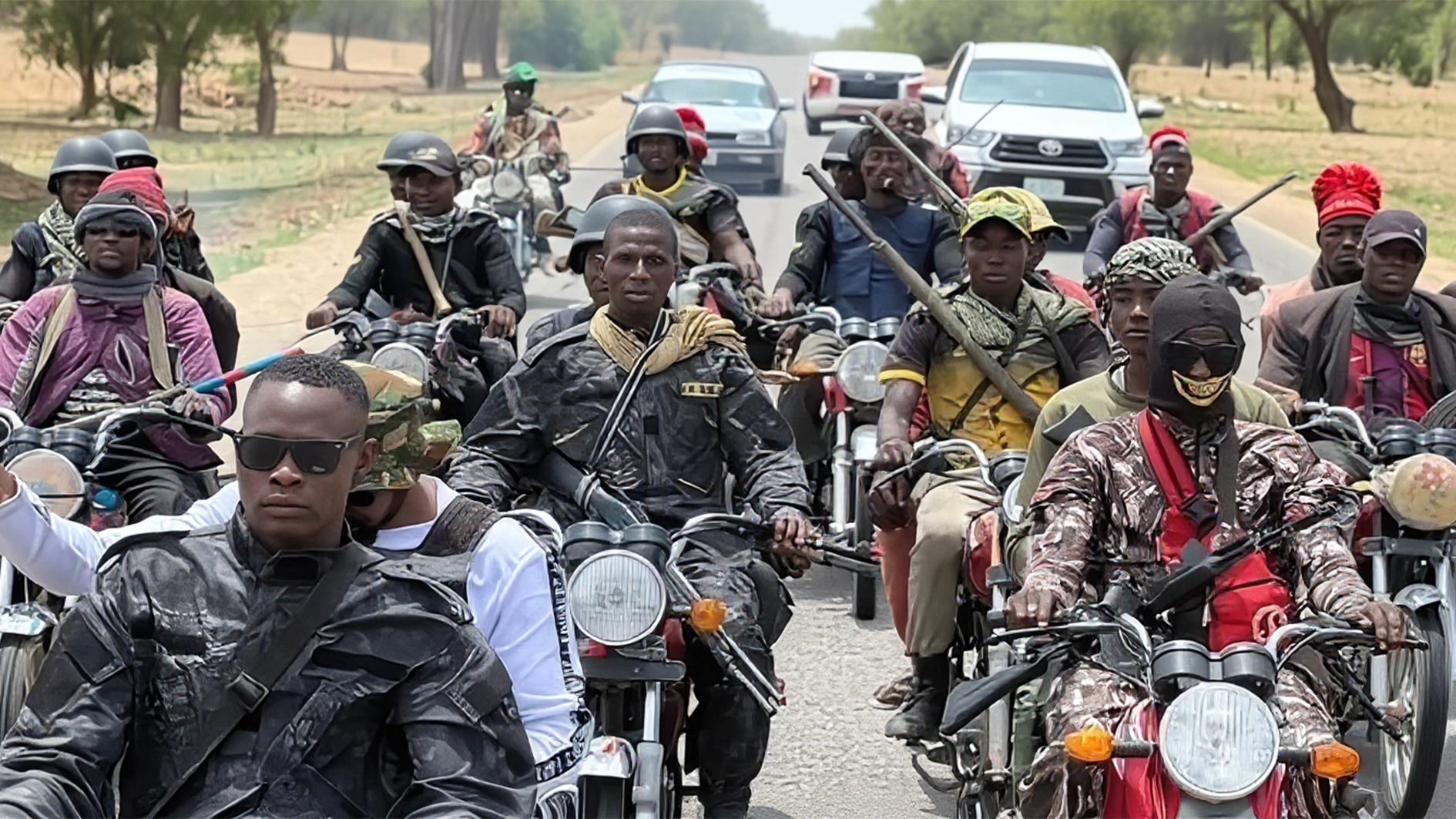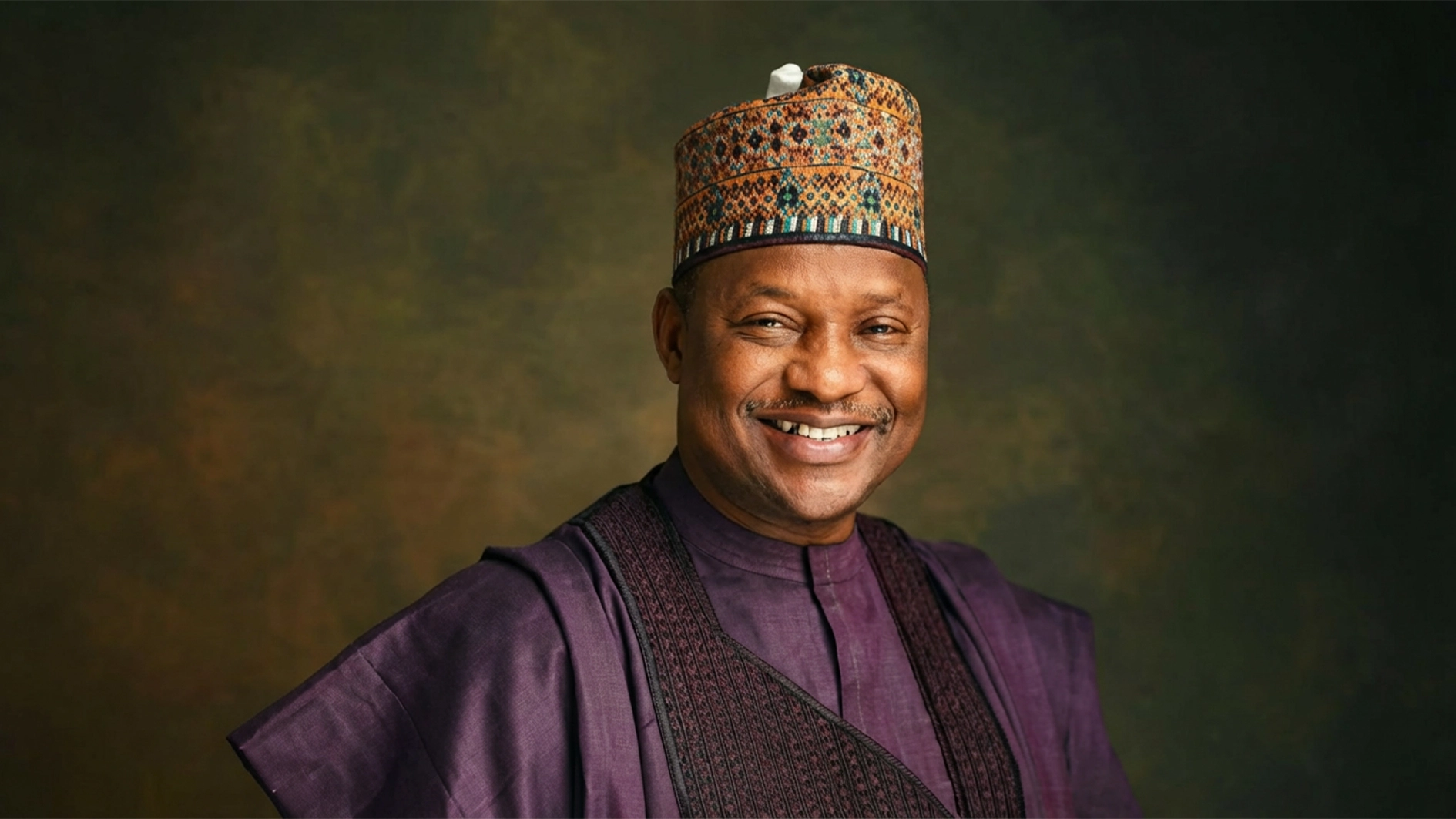
• Presidency insists on $1tr economy by 2030
• NNPP decries high poverty rate, urges urgent action
Nigeria is among the countries grappling with severe poverty, as highlighted by a United Nations Development Programme (UNDP) report released yesterday.
To bridge the gap between the rich and the poor, the Presidency is reportedly putting sustainable mechanisms in place to build a $1 trillion economy by 2030.
The New Nigeria Peoples Party (NNPP) condemned the increasing poverty rate in the country, labelling it unacceptable and calling for a comprehensive re-evaluation of government policies and programmes.
The UNDP report revealed that over one billion people worldwide were living in acute poverty, with children accounting for more than half of those affected.
Published in collaboration with the Oxford Poverty and Human Development Initiative (OPHI), the report also emphasised that poverty rates were significantly higher in conflict-affected countries.
The 2024 Multidimensional Poverty Index (MPI), a yearly report since 2010, provided insights based on data from 112 countries, covering a population of 6.3 billion people.
The MPI evaluates poverty using various indicators, including inadequate housing, lack of sanitation, limited access to electricity and cooking fuel, poor nutrition, and low school attendance.
India was the country with the largest number of people in extreme poverty, which impacts 234 million of its 1.4 billion population. It was followed by Pakistan, Ethiopia, Nigeria and the Democratic Republic of the Congo (DRC). The five countries accounted for nearly half of the 1.1 billion poor people.
“The 2024 MPI paints a sobering picture: 1.1 billion people endure multidimensional poverty, of which 455 million live in the shadow of conflict,” stated UNDP’s chief statistician, Yanchun Zhang.
Zhang emphasised the desperate situation for those in war-torn regions, adding, “For the poor in conflict-affected countries, the struggle for basic needs is a far harsher and more desperate battle.”
The report highlighted that Sub-Saharan Africa and South Asia are home to the majority of the world’s poorest, with these regions accounting for 83.2 per cent of those in extreme poverty.
Children under 18 represent a disproportionate share of those suffering, with 584 million (27.9 per cent of the global child population) living in extreme poverty, compared to 13.5 per cent of adults.
OPHI director, Sabina Alkire, noted that conflicts pose a significant barrier to reducing poverty.
“At some level, these findings are intuitive. But what shocked us was the sheer magnitude of people who are struggling to live a decent life and at the same time fearing for their safety – 455 million,” Alkire remarked.
She called on the international community to address both poverty reduction and peace-building, saying, “This points to a stark but unavoidable challenge; to zero in on poverty reduction and foster peace, so that any ensuing peace actually endures.”
Deputy Chief of Staff to the President (Office of the Vice President), Sen Ibrahim Hadejia, disclosed this, yesterday, at the 8th national conference of the Association of Mobile Money and Bank Agents in Nigeria (AMMBAN), in Benin City, Edo State.
Hadejia, who was represented by the Technical Advisor to the President on Economic and Financial Inclusion, Nurudeen Zauro, assured that the government was committed to pursuing economic and financial inclusion with all sector players to achieve its goal.
He said: “As we seek to achieve this milestone, financial inclusion is at the heart of our economic agenda, ensuring that all Nigerian, regardless of location, gender or socio-economic status, are not only included but also empowered in our financial system.
“This has been made evident in the administration’s effort to boost access to credit for Micro, Small, Medium and Nano Enterprises (MSMNE), and various other programmes targeted at enhancing inclusive growth through economic and financial inclusion.”
According to Hadejia, a review of key financial inclusion data reveals that while substantial progress has been made, with around 26 per cent of the adult population, primarily women, rural dwellers and small business owners, as financially excluded.
“As we work towards our 2030 economic goal, it is critical that we focus on narrowing these gaps. This is where Neighbourhood Financial Inclusion Centres (NFIC) play a pivotal role at providing a one-stop shop for financial services in excluded communities,” she said.
THE National Publicity Secretary of NNPP, Ladipo Johnson, in a statement to commemorate this year’s International Day for the Eradication of Poverty, emphasised the urgent need for change, to maintain peace and stability in the country.
The party asserted that the poverty index has deteriorated under the Tinubu administration, with more citizens experiencing severe economic hardship indicative of abject poverty.
The party noted that contrary to the professed ideals of the government’s reform agenda, policies have so far proved otherwise and the future looks bleak.
NNPP criticised the lifestyles and expenditures of government officials and the institutions, which, it said, did not reflect the need for inclusion, saying such a situation could not guarantee peace and stability, as it amounted to gross inequality and insensitivity to the plight of the suffering masses.
Johnson said: “In the light of the prevailing economic conditions. Therefore, it becomes imperative for the government to look inwards and take strategic and workable steps to reset its policies and programmes to arrest the worsening poverty in the country.
“This is important to enable the people believe that truly there’s hope and eschew any recourse to anti-social behaviour, which could threaten public peace.
“It is also pertinent that the government and its officials show some sensitivity to the plight of the people by being modest and accountable while government’s spending is tailor-made for the needy rather than the excessive extravaganza we’ve seen in recent times.”






